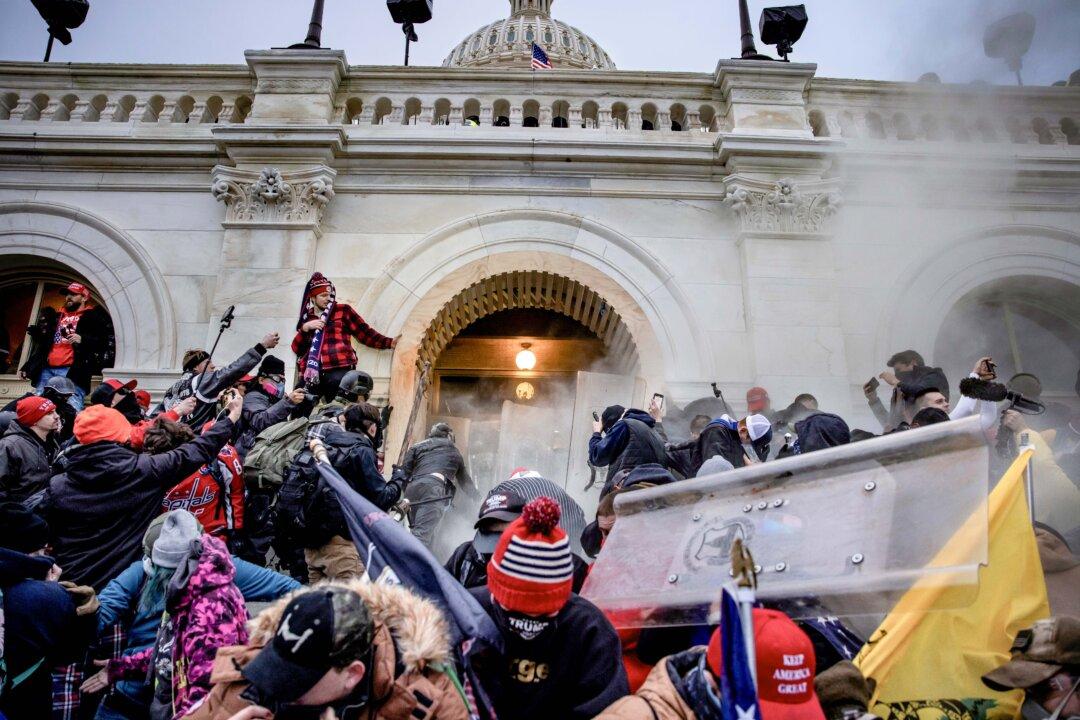It’s been three years since the Jan. 6 “Stop the Steal” rally in Washington ended in a breach of the U.S. Capitol by protestors.
In the interim, the Department of Justice (DOJ) and FBI have undertaken the largest manhunt in their history, arresting more than 1,200 people who entered Capitol grounds that day.





